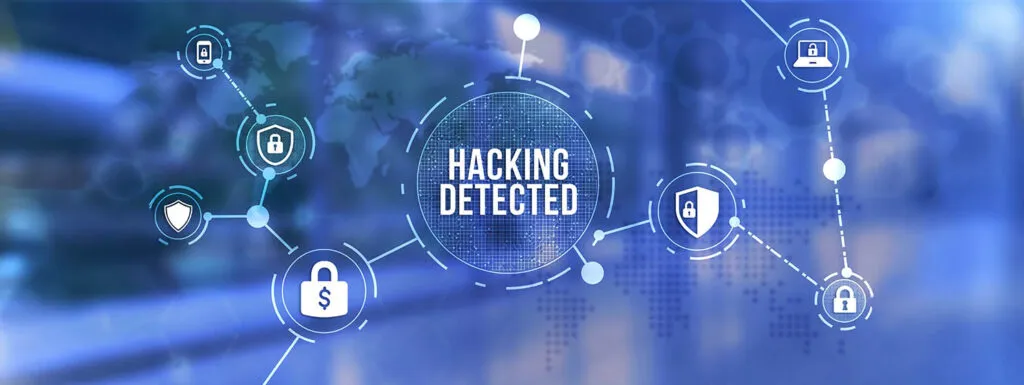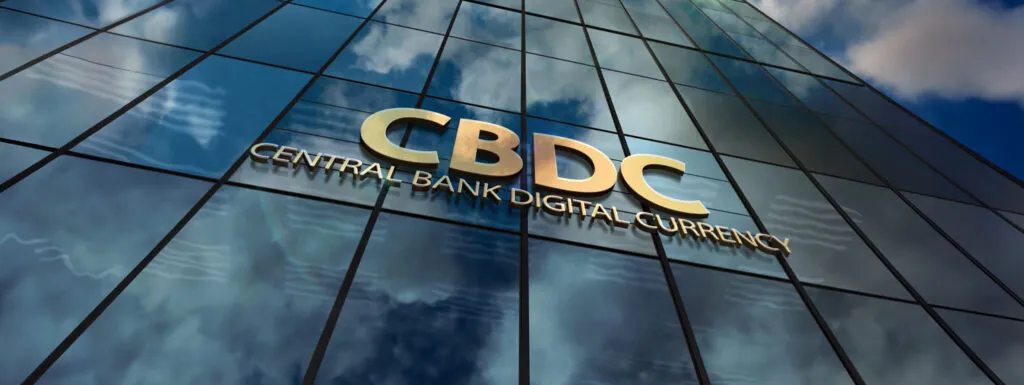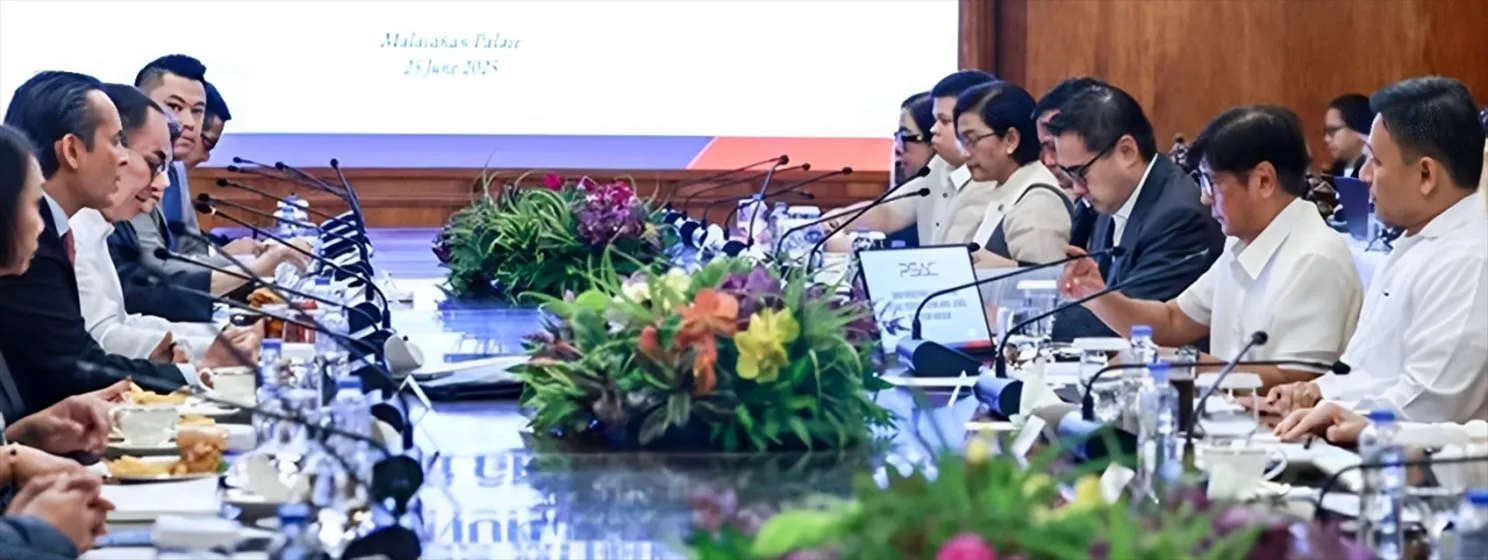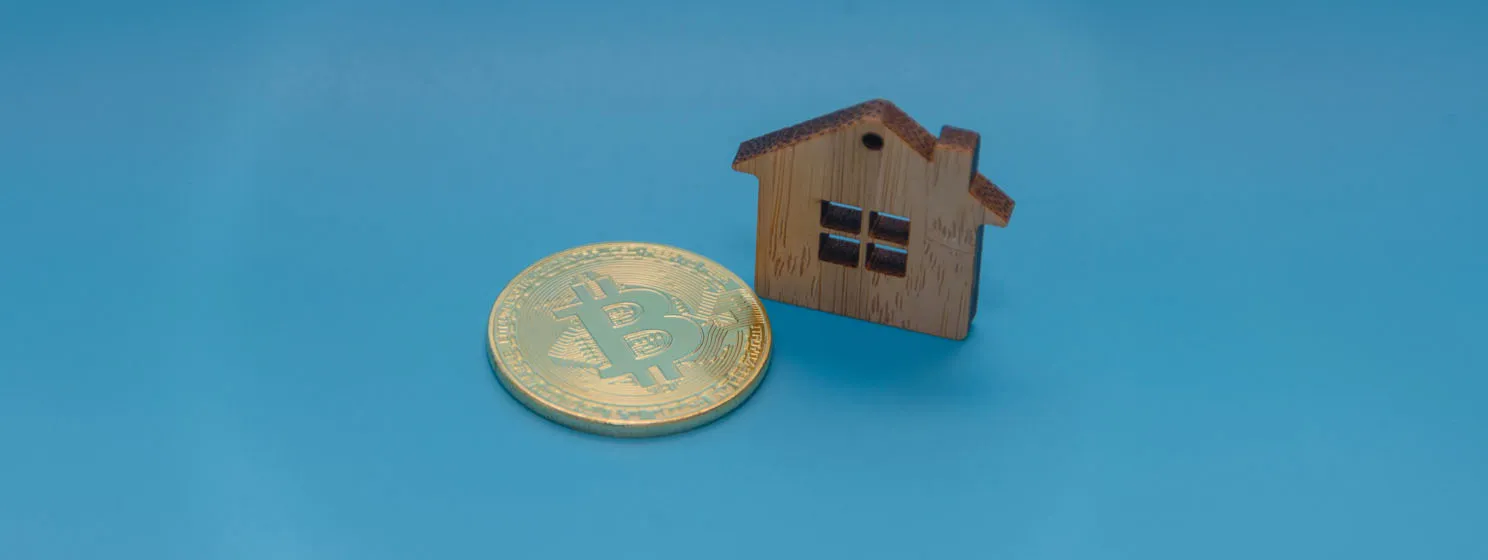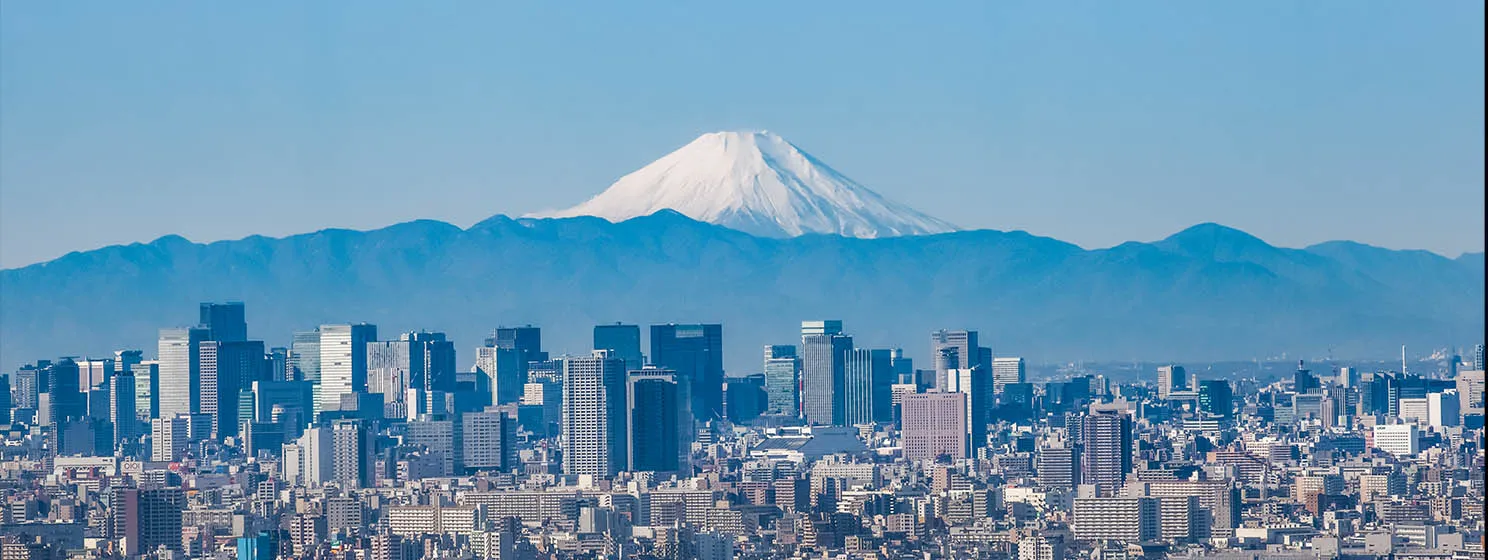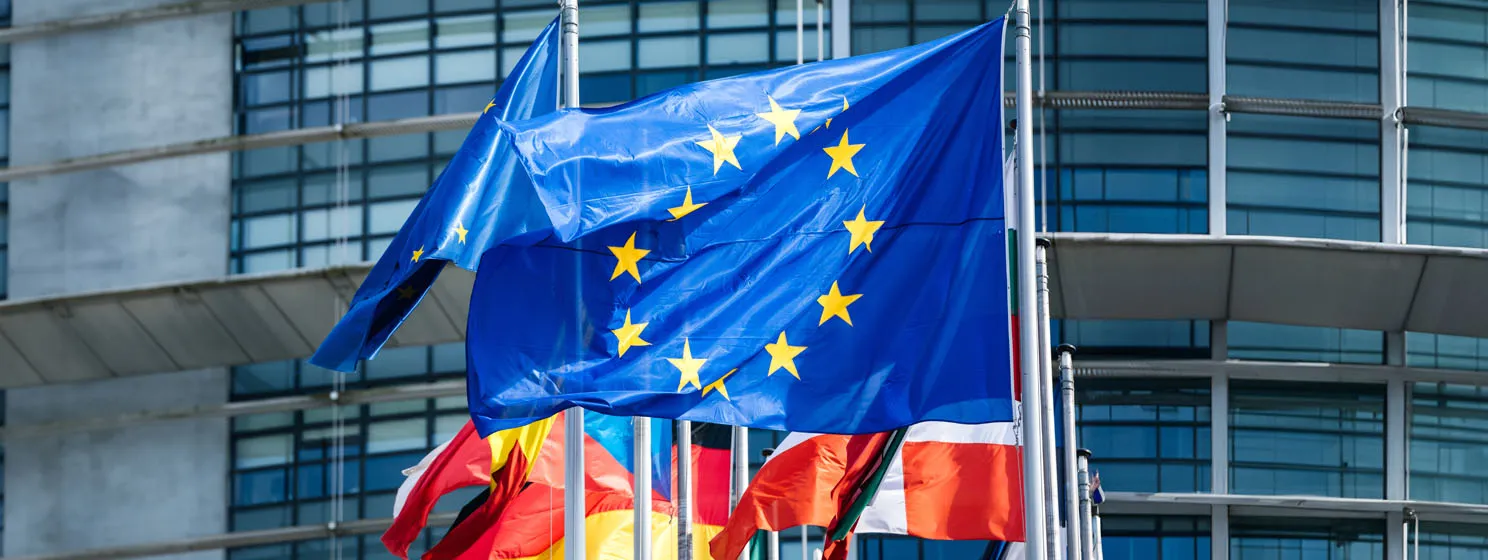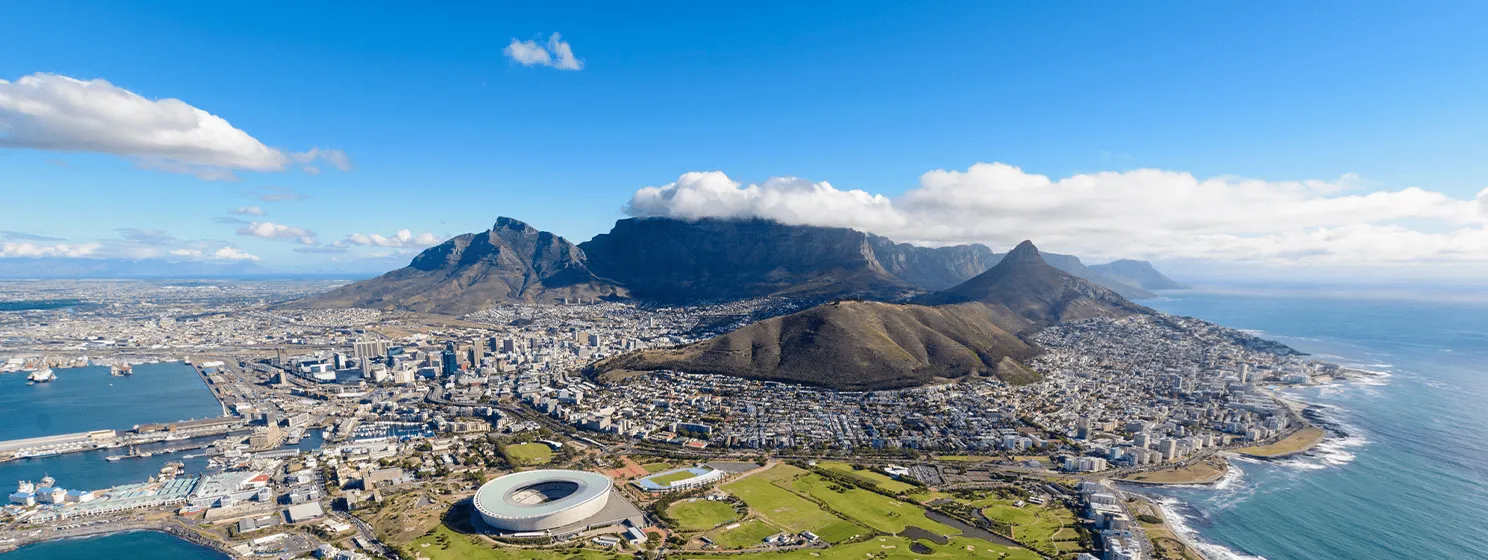
Iran
Some block reward miners ditch AI for BTC; others ditch BTC for ETH
Some block reward miners are making strategic moves as they figure out how to turn a profit from this sector;...
Pro-Israel hackers steal $90M from Iranian exchange: report
Pro-Israel hackers have reportedly stolen $90M worth of digital assets in a hack on Nobitex, and a group called Gonjeshke...
Pakistan eyes on-chain remittances; Iran explores AI in sports
Pakistan is harnessing the power of blockchain to improve cross-border transactions; meanwhile, Iran sets its eyes on AI to support...
Hong Kong bares stablecoin bill; Iran to regulate digital assets
Stablecoin issuers in Hong Kong must obtain a license, segregate their reserves and hold them in local banks, and have...
Iran opts for digital asset regulation than restrictions
Riding the wave of 'crypto' popularity in the U.S. following Trump's presidential win, Iran is looking to regulate digital assets...
EIB issues 6th digital bond; Iran’s CBDC launch nears
The EIB's sixth digital bond is said to be a testament to blockchain's potential to enhance transparency; elsewhere, Iran will...
Recent
Trending
Most Views

 07-02-2025
07-02-2025 

